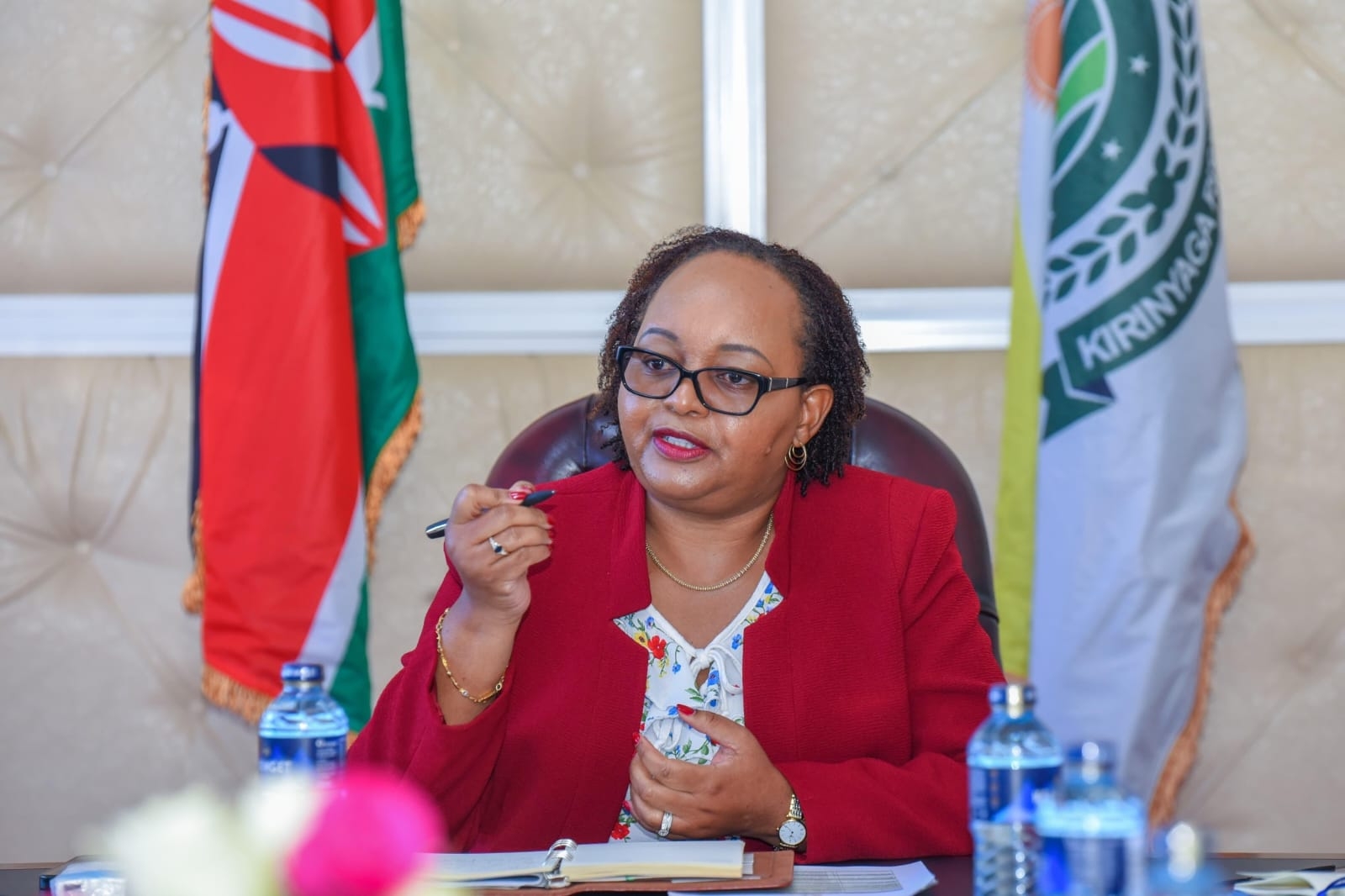
Waiguru condemns GBV after man leaves wife for dead
The Kirinyaga governor says gender-based violence has no place in our society
The UN has reported shocking levels of GBV in conflict zones like Sudan.
In Summary
Refugees in Dadaab and Kakuma joined the global campaign of 16 Days of Activism Against Gender-Based Violence.
Through spirited traditional dances, spoken word performances, and speeches, the events underscored the resilience and solidarity of refugees, host communities, and humanitarian partners in creating a safer, more inclusive world.
The launch in Dadaab was a vibrant display of cultural pride and collective advocacy.
Community members performed songs and dances calling for an end to GBV.
“This is not just a refugee issue; this is a global issue,” one of the event organisers said.
Refugees at Kakuma echoed the same energy, with residents uniting to mark the International Day for the Elimination of Violence Against Women and Girls.
UN High Commissioner for Refugees Filippo Grandi highlighted the grim reality of GBV in crisis zones.
“In a world facing multiple crises, women bear the brunt,” he said.
“They endure some of the most horrific violence imaginable. We must step up the fight against violence targeting women and girls.”
The United Nations and aid agencies have reported shocking levels of GBV in conflict zones like Sudan.
UNHCR Regional Director Mamadou Dian Balde recently recounted the horrific experiences of displaced Sudanese women and girls who have been victims of sexual violence amid the ongoing conflict.
“Too often, displaced women and girls bear the brunt of conflicts like Sudan,” Balde noted.
“Solidarity and support are urgently needed.”
Despite these harrowing accounts, many women are standing up to GBV within their communities, showcasing immense courage.
In Kenya, GBV remains a critical issue.
According to a recent UN Women report, 45 per cent of women and girls in Kenya experience physical or sexual violence.
Nairobi and other urban centres report rising cases of intimate partner violence, while rural areas struggle with cultural barriers to justice for survivors.
Alarmingly, children are also increasingly at risk, with statistics showing a spike in sexual violence against minors.
The refugee events in Dadaab and Kakuma were a call to action to end the rising trend of GBV in the country.
The strength and unity exhibited by these communities are reminders that eradicating GBV is not only a humanitarian goal but a global imperative.

The Kirinyaga governor says gender-based violence has no place in our society

Nearly one in three women experience violence in their lifetime.